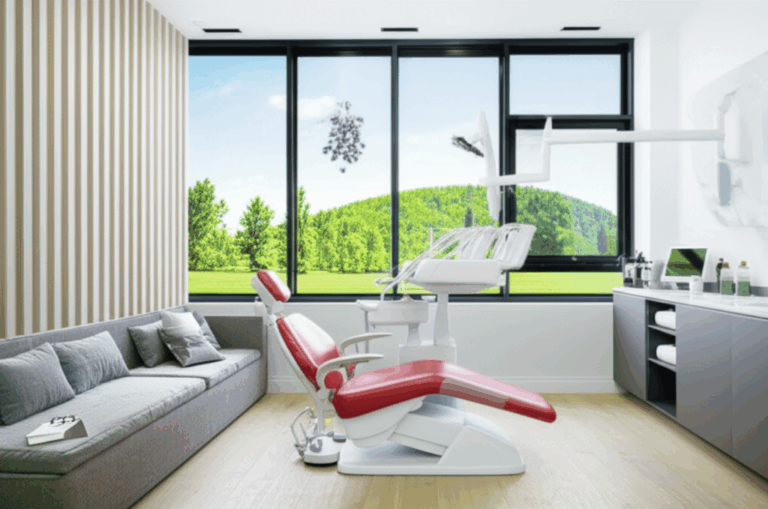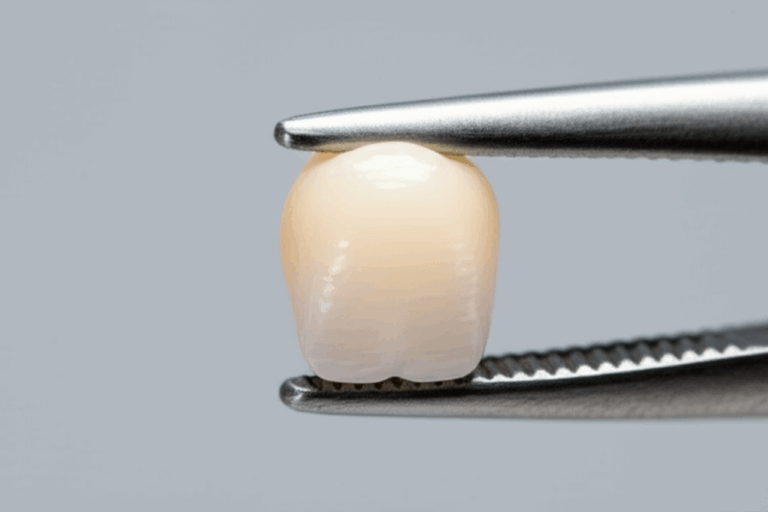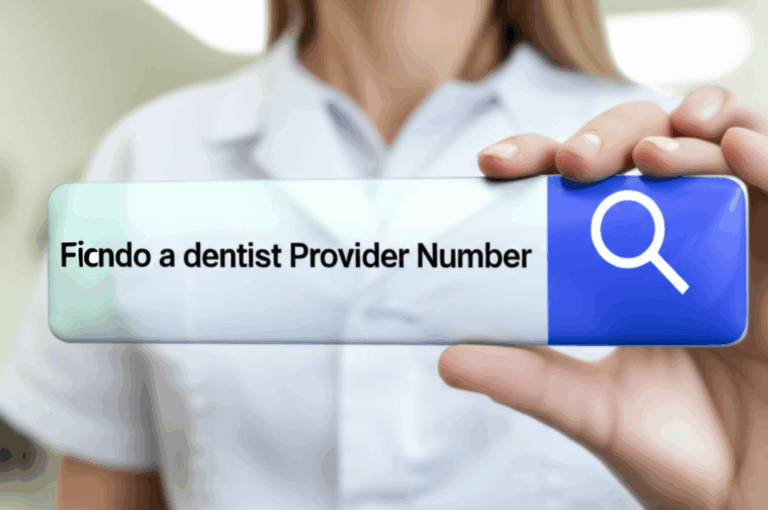
How to Find a Black Dentist: Resources, Directories, and Tips for Culturally Affirming Care
Table of Contents
- Cultural Understanding and Sensitivity
- Communication, Trust, and Representation
- Addressing Unique Health Considerations
- Promoting Diversity in Dentistry
- Professional Associations and Directories
- Online Search Strategies That Work
- Referrals, Word-of-Mouth, and Community Networks
- Investigating Dental Schools and Alumni Networks
- Evaluating a Dentist’s Practice and Profile
- Filtering by Insurance and Services
- Taking Charge of Your Experience
- Questions to Ask Before Your First Visit
- What to Do If You Don’t Find a Local Match
Introduction: Why Your Search for a Black Dentist Matters
When I first looked for a Black dentist, it wasn’t just about getting my teeth cleaned. I wanted someone who understood me and would make me feel welcome—not just another person in the chair. Having someone who looks like me and understands where I’m coming from really made a difference. You might feel the same way.
In this guide, I’m going to share what I learned while searching—from why finding the right dentist matters, to easy steps and resources, to what questions helped me find the best dentist for me. If you want a dentist who feels right for you, you’re in the perfect place.
Understanding the Value of a Black Dentist
While looking, I learned this search is about a lot more than just race. It’s about trust, understanding, and really feeling cared for—these things make a huge difference. Here are a few big reasons a Black dentist can be a good fit.
Cultural Understanding and Sensitivity
When I visited a Black dentist, I noticed they understood things about my culture and personal habits that mattered to my health. I didn’t have to explain why some foods are a part of my diet or why I wore my hair a certain way to the dentist’s office. Knowing my dentist understood all that made me more relaxed.
Communication, Trust, and Representation
It just felt better going into a dentist’s office and seeing someone who got it. I felt open to ask questions. Sometimes our talks weren’t only about teeth, but also family and food and life. That made me trust that my worries would be listened to. If you’ve ever felt ignored at a doctor’s office, you know how important this is.
Addressing Unique Health Considerations
Some dental problems—like gum issues or getting keloids—are more common in African American communities. A dentist who knows about these things can help with better advice. My Black dentist knew what to ask me and didn’t guess or make me feel weird about it.
Promoting Diversity in Dentistry
Every time I went to my Black-owned dentist, it felt special—it was about fair care and helping the whole community. Seeing more Black dentists in the field helps inspire young people to go into dentistry, too.
My Journey: How I Found Culturally Affirming Dental Care
Here’s the truth: After moving, my old worries about dental care came back. In the past, my concerns weren’t always taken seriously. So I started hunting for a Black dentist, just hoping for something better.
At first, it was confusing. Where do you even start? There’s no “Black dentist” button on regular search sites. I tried a bunch of things and found out there ARE ways to find what you need. Here’s what I did and how you can try it, too.
Top Resources and Directories for Finding a Black Dentist
Google searches didn’t give me what I really needed. Instead, I found my answers through directories, groups, and people I trust. These worked best for me.
Professional Associations and Directories
National Dental Association (NDA)
The NDA is the main group for Black dentists in the U.S. Their website has a “Find a Dentist” tool where you can search by area. This is where I found my dentist. If you want care from people who know your community, this is a great place to start.
State and Local Black Dental Societies
Lots of cities and states have their own Black dentist groups. When I lived in Chicago, I found a few options through the Chicago Dental Society and the local Black Dentists Association. These groups sometimes hold events, help with outreach, and keep a list of members.
Student National Dental Association (SNDA)
Don’t forget about SNDA chapters. These are for dental students, but they’re always happy to help. Sometimes they can connect you with dentists or recent graduates nearby.
BlackDoctor.org and Similar Sites
BlackDoctor.org shows Black dentists by city, too. It’s not always super easy to use, but it’s still worth a look for local dentists or for doctors they spotlight on their site.
Online Search Strategies That Work
- Zocdoc: I liked using Zocdoc because you can filter by things like ethnicity and language. Some dentists say “Black/African American dentist” in their profile or talk about their background.
- Healthgrades/Yelp: Reading the reviews helped. Some patients point out if a practice was good about making people feel comfortable. Some offices also show staff photos online.
- Google Maps: I tried searching “Black dentist near me” or “African American dental clinic [City].” Sometimes you’ll get good matches with reviews and locations.
If you need special treatments, I sometimes checked what labs and teams they worked with. For example, with things like implant dental laboratory services, I liked knowing they used proven labs.
Referrals, Word-of-Mouth, and Community Networks
Honestly, the best tips came from people I knew—friends, my main doctor, even local Facebook groups. I also asked people at church, local clubs, or even my barber. Some community health centers and cultural spaces keep lists, too.
Advanced Strategies and Key Things to Look For
Once I had some dentists in mind, I took a closer look before making a choice.
Investigating Dental Schools and Alumni Networks
Many Black dentists went to schools like Howard or Meharry. Their school websites or alumni groups sometimes list local dentists. University dental clinics are a good bet, too—they have all kinds of staff and usually offer lower prices.
Evaluating a Dentist’s Practice and Profile
- Website Check: Does the office show pictures of the staff and talk about diversity? Do they explain how they help the local community?
- Patient Comments: I looked for reviews on Google and Yelp that mentioned friendly staff, good treatment, and respect for different cultures.
- First Visit: Sometimes, I just stopped by for a chat. This let me see how the staff talked to people and if I felt comfortable there.
Filtering by Insurance and Services
Not every office takes every insurance plan. I picked my list by checking if they took my insurance and did the services I needed, like regular cleanings or braces. Some do work with specialty labs like a dental ceramics lab or a removable denture lab.
If you need something special, like a dentist who does implants or likes to work with an emax dental lab, just ask! I found that being honest up front always helped clear things up.
Empowering Your Dental Health Journey
Once I started speaking up at the dentist, everything got better. Instead of dreading my appointments, I started to feel in control. It happened because I learned to ask what I needed and looked for the right fit.
Taking Charge of Your Experience
Don’t be shy about asking the front desk what matters to you. When I called, I asked about the staff, what insurance they took, and if they had experience with Black patients. If I got weird vibes or no real answers, I looked somewhere else.
Questions to Ask Before Your First Visit
- How do you make sure your care is fair and makes every patient feel at home?
- Do you have lots of different patients at your clinic?
- Can I meet the dentist or team before scheduling?
- What treatments do you focus on, and do you use special labs if needed?
- Do you offer payment plans if my insurance won’t cover something?
If I was going to talk about implants, I also checked out info on implant insurance and implant cost before going in. It helped a lot to know a bit before asking.
What to Do If You Don’t Find a Local Match
In some places, there just aren’t many Black dentists. In fact, only about 3.8% of dentists in the U.S. are Black, according to the ADA. If you can’t find one close by, try searching farther out, look for a clinic that’s good about diversity even if the dentist isn’t Black, or try a video appointment to get started.
Websites and patient groups might help you find someone who can see you online, at least for the first visit.
Summary: Finding Your Ideal Dental Partner
For me, looking for a Black dentist was about more than teeth. Thanks to groups like the NDA, advice from people in my area, a bit of research, and direct questions, I found the comfort and trust I wanted.
You might need to call a few places or try a few tips, but don’t give up. Your smile, your health, and your peace of mind are worth it. Remember, this isn’t just about teeth—it’s about feeling comfortable, respected, and happy with your care.
Frequently Asked Questions
What if there are no Black dentists in my area?
Try searching a bit farther, ask your local community, or look for clinics that care about diversity. Sometimes, staff might make a real effort to help everyone feel at home, even if the dentist isn’t Black.
Can I ask a practice about the background of the dentist?
Yes! I found most offices don’t mind honest, polite questions at all.
How do I know if a dentist cares about diversity?
Check the website for staff photos or statements about caring for everyone, read reviews, and listen to how the office talks to you on the phone.
What resources should I start with?
Start with the National Dental Association’s list, your local Black dentist groups, Zocdoc, and asking people you know. Word-of-mouth tips are usually the best!
What if my insurance is limited?
Try local university dental clinics, community health centers, or look for offices with payment plans. A lot of places will help work with Medicaid or PPOs.
I hope my story and these easy tips help you while you look for a Black dentist. Remember, you have every right to care that feels right for you. Don’t settle—keep looking until you get what you deserve.








